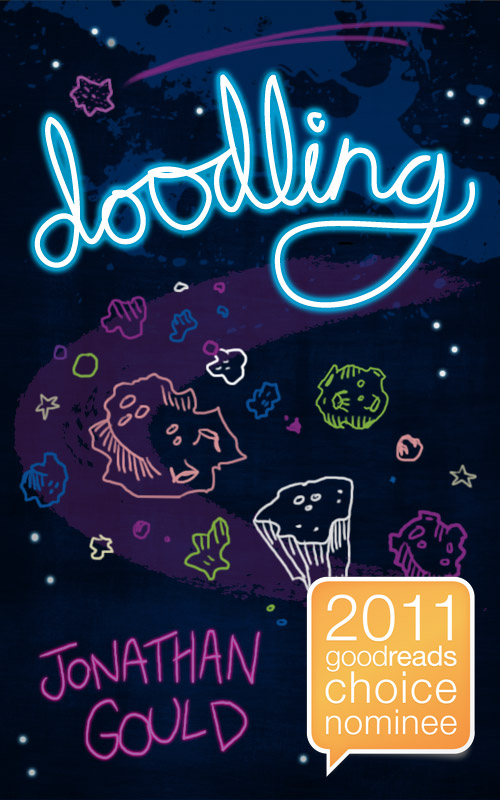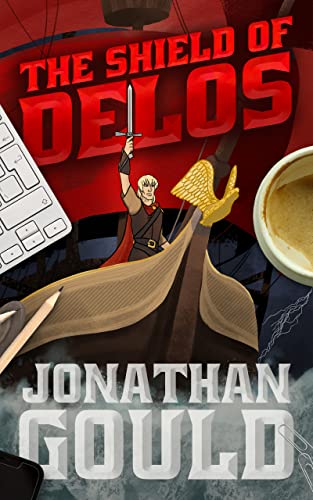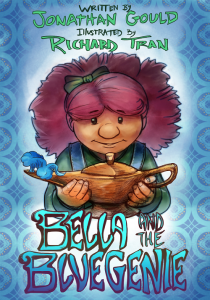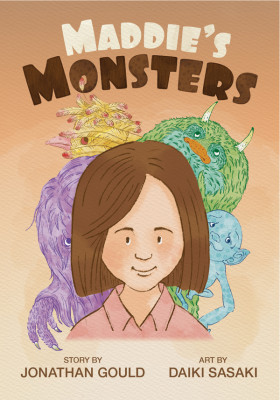I read a book the other day.
That shouldn’t be an especially remarkable thing. After all, I am supposed to be a writer, and one of the basic requirements for being a writer (so people tell me) is to be a voracious reader as well. I wouldn’t deny the truth of this but unfortunately I never quite seem to be able to find the time to read as much as I’d like.
Anyway, over the last couple of weeks I did manage to make time to do some reading – but then again, this was no ordinary book. This book, a birthday present, just happened to be the autobiography (or at least some part of it) of one of my very greatest heroes – the one and only John Cleese.
John Cleese is an inspiration for so many reasons. Partly because he’s so outrageously funny. From Monty Python to Fawlty Towers, and many other ventures in between, he’s been the source of many of my biggest and most-enjoyable laughing sessions of all time. There’s something wonderfully clever and literate about his humour, but at the same time it’s outrageously, joyously silly. For someone who has tried to write comedy, his work provides both a template and also a set of aspirations I’m sure I’ll never be able to emulate.
But there’s a lot more to his work than just the funny stuff. The more I know about him, the more I sense that behind the laughs there’s a person of real integrity and warmth, as well as a questing intelligence. It’s evident both in his humour but also in some of his other work, and particularly the wonderful books he’s produced with the psychologist Robyn Skinner – Families and How to Survive Them and Life and How to Survive it. At various times, both of these books have provided something of a bible to help me deal with difficult situations and to contribute to my general world view.
Reading the autobiography, which is titled So Anyway, was interesting on so many levels. Knowing more about John Cleese’s background, it clarified how his particular view of the world and the comedy that came out of that evolved. It also provided glimpses of life in post-war Britain, and particularly the workings of the entertainment industry at the time, that now seem like ancient history. The fact that the Monty Python crew had a series of 13 episodes approved when none of the members had the slightest idea what the show was about is certainly something that could never occur now, in these days of marketing-driven programming.
The more I read, the more I couldn’t help feeling a little envious, considering the opportunities John Cleese was able to take advantage of, and all the amazing people he got to work with. Envious, but also full of admiration. Talk about someone taking full advantage of those opportunities and really creating an amazing legacy for themselves.
I couldn’t help but be inspired by the story. If I’m able to achieve a tiny fraction of what John Cleese achieved, I’ll be more than content with my life.
Posted by Jonathan Gould and tagged as




